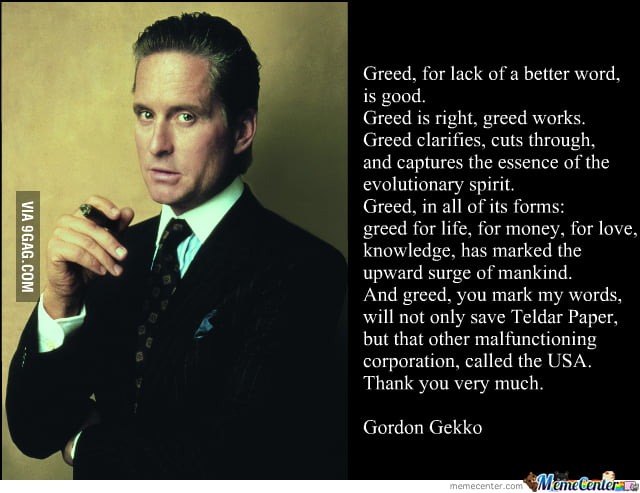Capitalism works with similar principles as evolution and natural selection. This is why it is successful. Like in nature, animals are required to take care of themselves; survival of the individual. They may get assistance at birth but quickly learn to fend for themselves. There is no welfare state in nature. Every critter has to assist their own needs or become food for other critters who also work for a living.
A herd of deer do not have certain assigned members who stockpile grass to feed the lazy deer; Socialism. Each deer, as part of group has to feed themselves. This spreads the work, teaching everyone to be able to control their environment, allowing maximum survival for all, even if the group was to disperse. A socialism animal system, if dispersed is half dead in the water. This is not natural and has no selective advantage. This is not natural.
If humans were few in number, lived in a tropical paradise with a perfect year round climate, and plenty of year round natural food, only the babies and small children would be assisted by the parents and siblings. In a short time, each would be trained to become self sufficient; feed yourself, in a land with plenty for all. Natural is not about being a baby forever; Socialism.
Humans, unfortunately, breed beyond the natural limits of balanced environments, due to choice, free will and the pleasure principle. This stresses the environment, making it harder for all to feed themselves. If the human brain was integrated with nature, the brain would tell us when to breed, so a balance was always there for all. But pleasure, is a carrot on a string, that allows choices beyond eco-optimization.
This overbreeding, by will, choice and pleasure can causes an increasingly larger group to disperse, over more territory. This can lessen optimization, which then requires more effort, by all, for self survival. If the human cockroaches do not get a handle on reproduction, many will get driven into harsher and harsher lands with less and less natural opportunity. Natural selection is still in affect, but the circumstances are no longer paradise, with attrition thinning the herd, until a new steady state can be reached. There, all will learn to work to survive and thrive.
Capitalism, connected to civilization, was a way to create more opportunity, due to overbreeding, in harsher environments. It created a system of common value; money, so there is less stress on one area of the ecosystem. If we had plenty of apples, the natural inertia is for all to eat just apples. But this may not be enough for all, all year long. Common value spreads the work for annual survival over more side avenues; fish, roots, wheat, flour, herding, milk, cheese, etc., with trade a means to share our efforts, while widening the bounty opportunity for all. Not everyone is good at cheese making, but with shared value, II can target and specialize my work; wheat, and trade common value,s to get the same result. This is more efficient use of human resources, it opens new niches for all, and allows survival for all.
Capitalism has been extrapolated to beyond the objective niches needed for survival and thriving. Some of these new niches are given too much subjective value, while others get less value for the same effort. If you sew designer clothes or sew common clothes, the sewer get the same value, but the clothes are the not the same value at the store. This is not the fault of capitalism, but is a subjective addendum that should be addressed, so every person's effort should allow them to gain similar common value for efforts.

